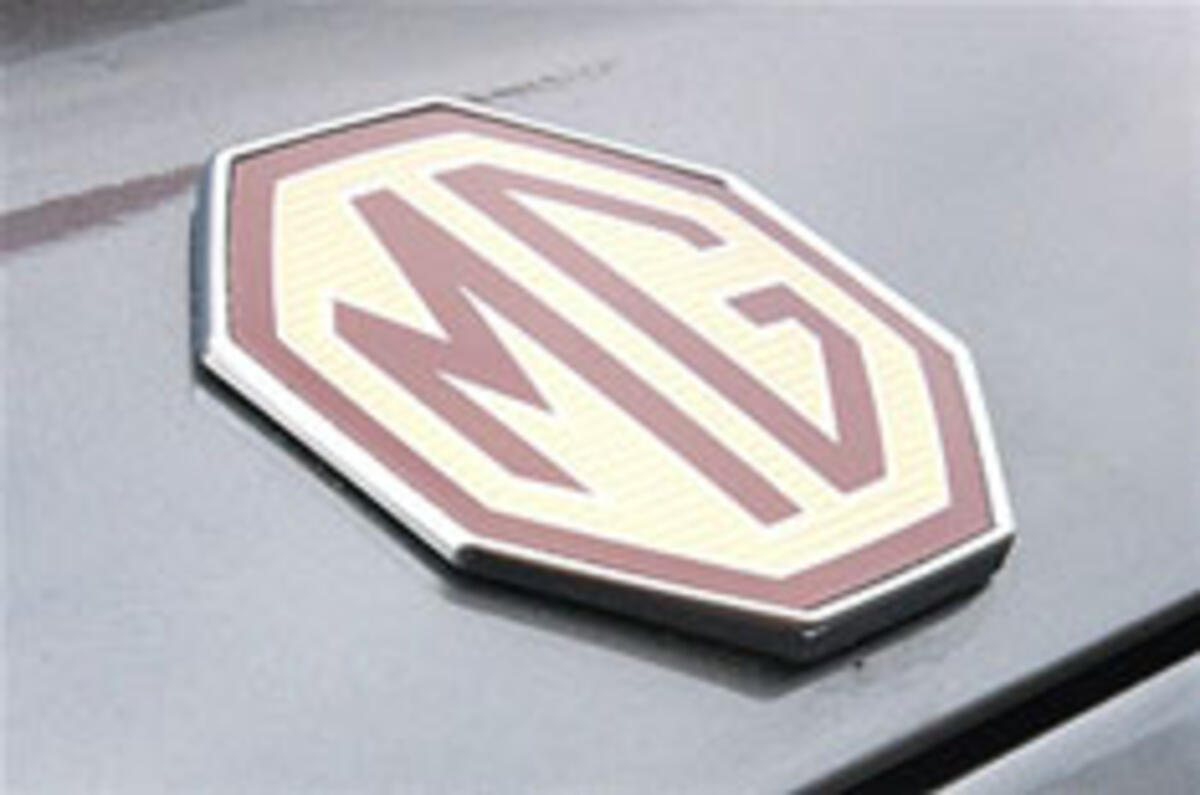The former bosses of MG Rover gave themselves "unreasonably large" payouts, a report into the collapse of the manufacturer has found.
Full details have now emerged from the £16 million, 830-page long report, which examined why the firm collapsed in 2005 at the expense of 6500 jobs. The four bosses – who bought MG Rover from BMW for £10 in 2000 – were known as the Phoenix Four.
Pay and pensions worth £42m was shared by five executives, which inspectors said was "out of all proportion". The men face a ban from running other companies, says the government.
The Phoenix Four, plus chief executive Kevin Howe, described the report as a "witchhunt" and a "whitewash for the government".
"Our remuneration was not the reason for the collapse. The real reason is the government bungled the last chance to save MG Rover," said Howe, chairman John Towers, ex-vice-chairman Nick Stephenson, Peter Beale and John Edwards.
But Business Secretary Lord Mandelson criticised the men for not showing "an ounce of humility" and called on them to apologise. He will be taking legal action to ensure they can't become directors of any other UK companies.
Other findings in the report included:
1. Mr Beale bought software to "clean" data from his personal computer, a day after investigators were appointed, "despite being aware that we would want to image and then review the contents of his computer for documents relevant to our investigation"
2. Mr Stephenson paid more than £1.6m to a consultant he had a "personal relationship" with
3. Executives had exaggerated in statements to MPs the personal financial risks they were taking 4. MPs investigating the demise of the firm were given "inaccurate and misleading information" by Mr Beale
5. There was evidence of a questionable briefing to the press by an adviser to former Trade Secretary Patricia Hewitt.
The five "obtained large, and we say unreasonably large, financial rewards, totalling tens of millions of pounds" between 2000 and 2005, the report said.
They also "chose to give themselves rewards out of all proportion to the incomes which they had previously commanded, which were also large when compared with remuneration paid in other companies and which were not obviously demanded by their qualifications and experience", it added.
Had the venture succeeded, there would have been little objection to the rewards, the inspectors suggested, but said MG Rover was "in fact very unprofitable and eventually went into administration".
The Serious Fraud Office will not be taking any legal action against the executives.
Twitter - follow autocar.co.ukSee all the latest MG reviews, news and video




Add your comment